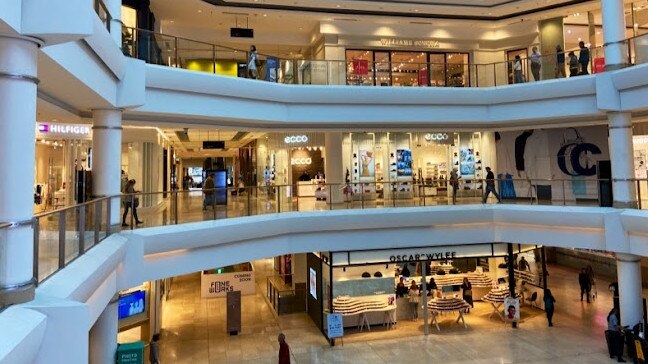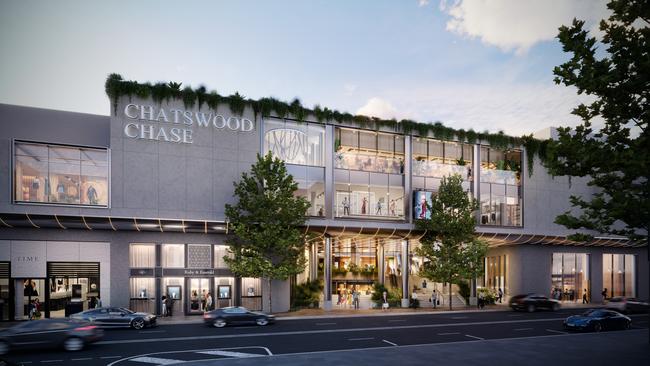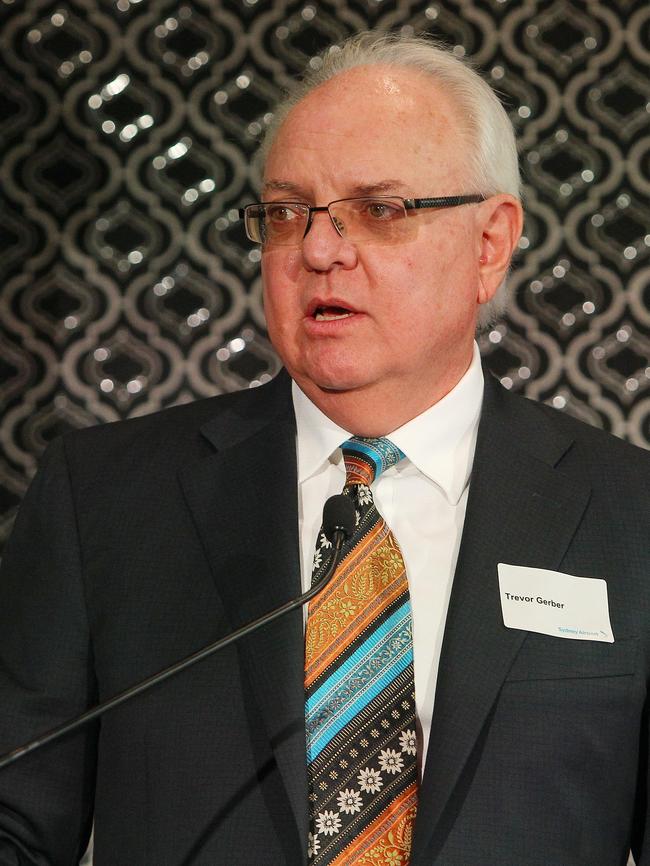Vicinity backs luxury retail wave in face of rate hikes
Vicinity Centres is backing the strength of the Australian consumer and believes that luxury spending will hold up even in the face of an economic slowdown.

Chadstone co-owner Vicinity Centres is backing the strength of the Australian consumer and believes that luxury spending will hold up even in the face of an economic slowdown.
At the company’s annual meeting on Wednesday, chairman Trevor Gerber said that while sales growth had moderated, the retail sector was still benefiting from the strong job market and consumers splashing out with their pandemic savings.
The company is already betting on the luxury end performing well and has taken full control of the Chatswood Chase mall in Sydney, which it plans to convert into a $1.5bn retail mecca it has dubbed a mini-Chadstone.
Mr Gerber said the retail sector had shown remarkable resilience over the past 18 months, against a backdrop of aggressive monetary policy tightening, compounded by inflation-led, cost-of-living pressures for Australian households.
He acknowledged that the rate of sales growth had moderated in response, particularly this calendar year, but the company had delivered.

Vicinity chief executive Peter Huddle said that the group had moved to future-proof its income growth profile as it expected more challenging conditions, mostly stemming from elevated inflation and interest rates, putting pressure on consumption.
Mr Huddle said that after the Covid-19 pandemic, retail landlords had enjoyed the benefit of a strong tailwind as shoppers returned to traditional shopping patterns.
But he said the cumulative impact of the 400 basis points of interest rate hikes was impacting consumers. “However, we continue to observe resilience, both in terms of sales growth as well as retailer confidence,” he said.

In the September quarter portfolio sales were up 2.7 per cent, largely driven by the continued recovery of city retail, which was up 7.2 per cent.
“We are seeing a strong conversion of rising visitation to retail sales growth which reflects the investment we made during the pandemic to introduce new flagship stores as well as new-to-market retailers and concept to our centres,” he said.
Mr Huddle said occupancy across the CBD assets was nearing pre-Covid levels, and he remained confident that cities were steadily returning to their former vibrancy.
Specialty stores and mini-majors reported 1.9 per cent growth in the first quarter but homewares and apparel and footwear sales underperformed,
Mr Huddle called out the resilience of food catering and retail services, which were once considered discretionary categories, that usually softened in a consumer downturn.
“Cafes, restaurants and in-centre services such as beauty, hair services and optical are all part of the shopping experience and remain key drawcards for shoppers,” he said.
Luxury sales were up 6.3 per cent for the quarter on a same-store basis and lucrative leasing deals were struck at Melbourne landmark Chadstone.
“The ongoing success of luxury sales growth provides much of the impetus behind the increasing desire of luxury retailers to expand their store presence in Australia,” Mr Huddle said.
UBS analyst Grant McCasker said Vicinity’s centres were holding up better than feared, with consumer resilience and leasing spreads improvement the highlights.








To join the conversation, please log in. Don't have an account? Register
Join the conversation, you are commenting as Logout